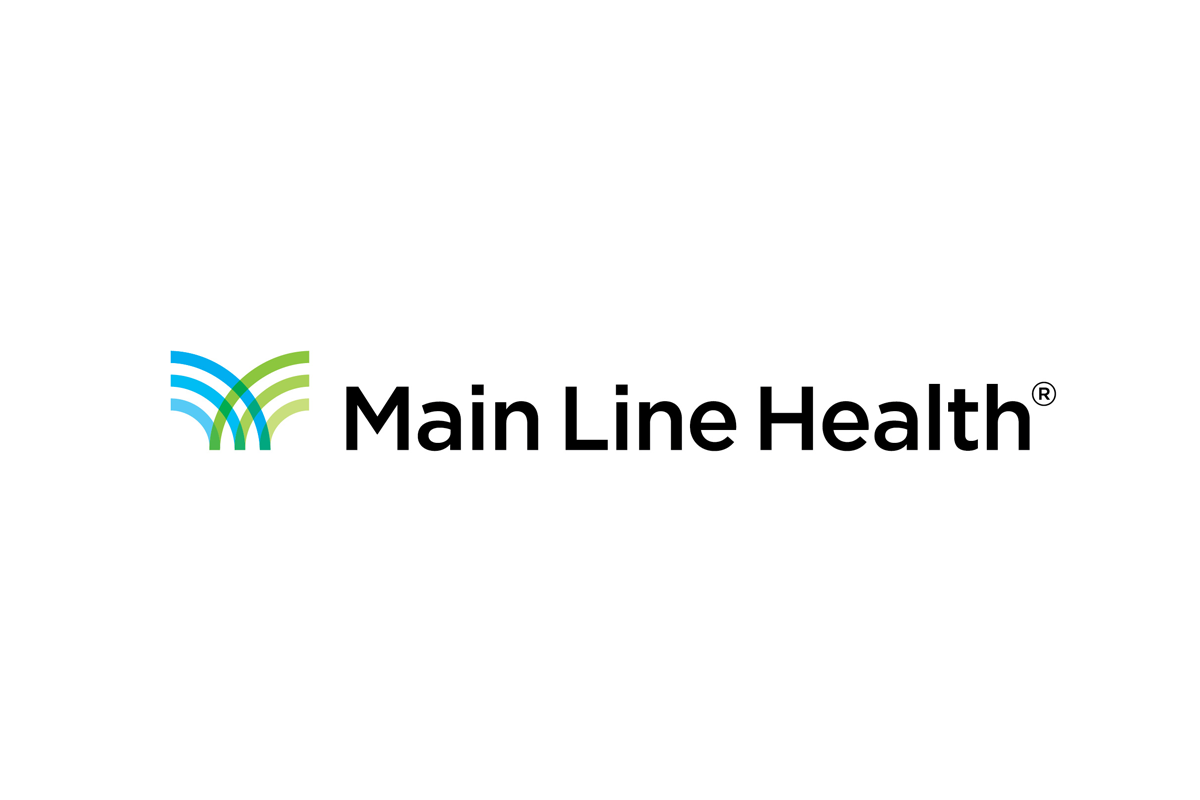News in Brief, April 2023
April 19, 2023Institution Spotlight: Main Line Health and Lankenau Institute for Medical Research
April 19, 2023
- Melanoma – Some patients with stage 3 or 4 melanoma removed by surgery may benefit from taking anti-cancer drugs if there is a high risk of recurrence. A recent clinical trial, E1609, showed a significant improvement in overall survival with the immunotherapy drug ipilimumab for the first time in the history of melanoma adjuvant therapy (Tarhini AA. J Clin Onc. June 2019). However, no information was available to document the effects of this therapy from a patient's perspective. Immune therapy drugs like ipilimumab have the potential for toxicities that can reduce patients' ability to stay on treatment and impair their quality of life. ECOG-ACRIN researchers surveyed patients throughout their participation in the E1609 trial. Results from patients identified a need to closely monitor and manage gastrointestinal symptoms, energy, weakness, appetite loss, joint pain, and depression in patients who may receive ipilimumab in clinical practice. The researchers recommend that future clinical trials include patient surveys to look for other potential unknown toxicities. McLouth LE. Qual Life Res. January 2023 (see related article on AACR presentation in News in Brief)
- Melanoma – In 1996, ECOG-ACRIN researchers reported the results of E1684—the first study to show a benefit for any immunotherapy (in this case, interferon α-2b) in the adjuvant setting for cutaneous melanoma removed by surgery. Recently, the Journal of Clinical Oncology highlighted this seminal publication by Kirkwood et al. in its Flashback Foreword series, which celebrates the journal's 40th anniversary. The article notes that, although controversial, this treatment was part of the standard of care for many years. Schwartz GK. J Clin Onc. January 2023
- NCI-MATCH – Palbociclib is an oral CDK4/6 inhibitor approved by the FDA in combination with endocrine therapy for treating patients with advanced breast cancer. Subprotocol Z1B was a single-arm phase 2 study to evaluate palbociclib in patients with solid tumors (except breast cancer) containing a CCND1, 2, or 3 amplification and expression of the retinoblastoma protein by immunohistochemistry. In 32 patients able to be evaluated, palbociclib was ineffective. Researchers state that these data do not support further investigating palbociclib as a single agent in patients with these molecular abnormalities. Clark AS. Clin Cancer Res. February 2023
- Publicly Funded Research – Many of today's widely prescribed cancer treatments may never have become available to patients without public funding. This report estimates that over the past 40 years, people with cancer in the United States gained 14.2 million years of additional life thanks to cancer treatment trials funded by the National Cancer Institute (NCI) through the ECOG-ACRIN Cancer Research Group and other cancer research organizations in the National Clinical Trials Network (NCTN). The authors of this report identified 128 randomized phase 3 treatment trials from 1980 through 2019, where the experimental arm showed either a statistically significant improvement in overall survival time (91 trials) or a trend toward improved overall survival (37 trials) for patients. They estimated the additional life years by mapping the gains from these trials onto data on the overall US population of people with cancer. Unger JM. J Clin Onc. December 2022



![ECOG-ACRIN logo[19516]275×75](https://blog-ecog-acrin.org/wp-content/uploads/2021/03/ECOG-ACRIN-logo19516275x75.png)
